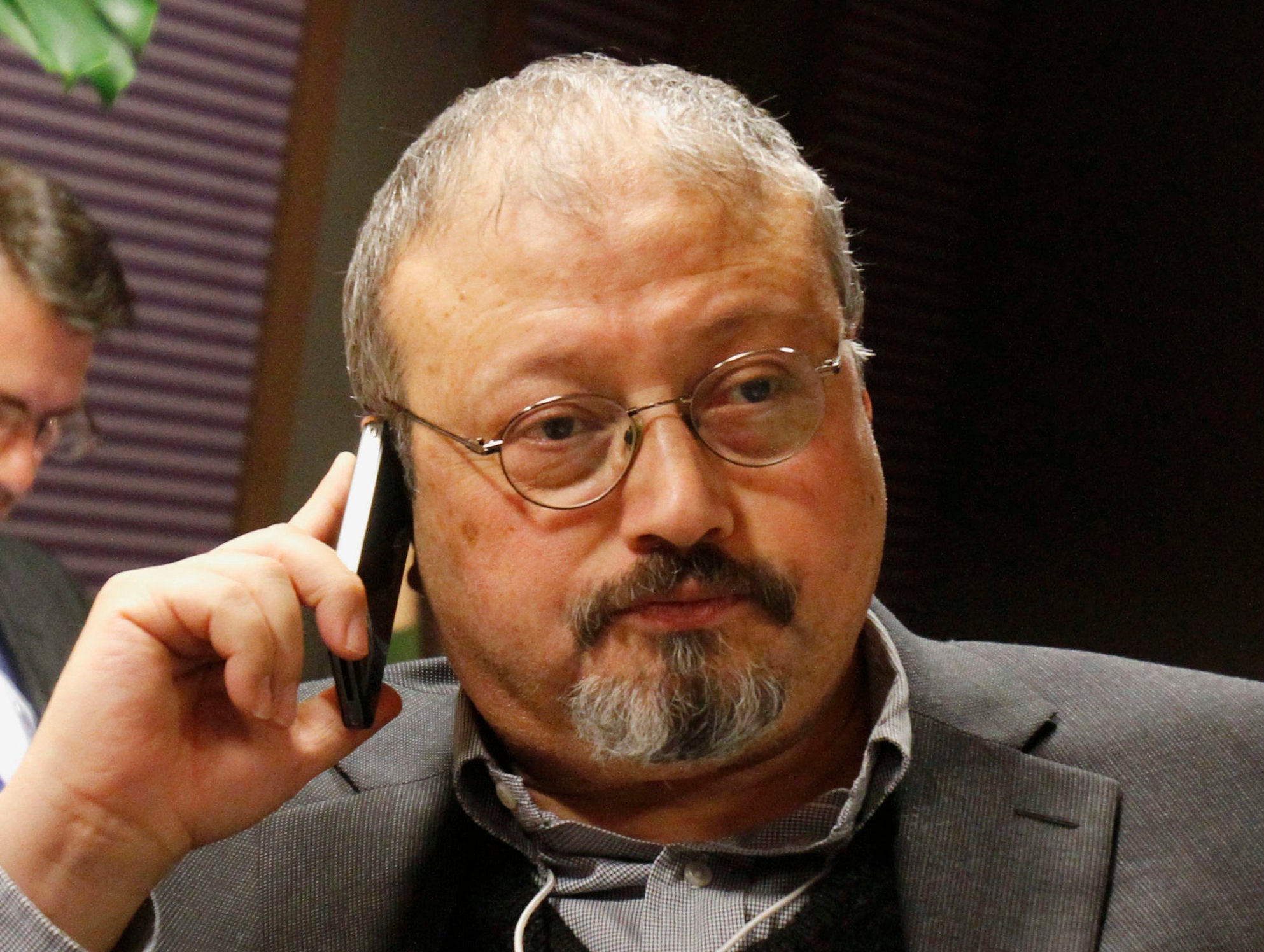
A United Nations expert has found that the “brutal” murder of journalist Jamal Khashoggi was planned by Saudi state officials.
UN’s special rapporteur on extrajudicial, summary or arbitrary executions, Agnes Callamard, is conducting an independent human rights inquiry into Khashoggi’s death – including visiting the location of his murder.
The Washington Post columnist, who lived in self-imposed exile in the US for the last year of his life, was killed at the Saudi consulate in Istanbul on 2 October after he went in to obtain documents for his upcoming marriage.
Callamard travelled to Ankara and Istanbul with British forensic expert Baroness Helena Kennedy and homicide investigator Paul Johnston between 28 January and 3 February.
After an initial examination of the evidence, Callamard found that Khashoggi was the victim of a “brutal and premeditated killing planned and perpetrated by officials of the state of Saudi Arabia”.
The New York Times reported last night that Saudi Crown Prince Mohammed Bin Salman told an aide in 2017 that he would use “a bullet” against Khashoggi if he did not return to Saudi Arabia and end his criticism of the kingdom, according to US intelligence reports.
“The murder of Jamal Khashoggi and the sheer brutality of it has brought irreversible tragedy to his loved ones,” Callamard said.
“It is also raising a number of international implications, which demand the urgent attention of the international community including the United Nations.”
She added that Saudi Arabia had “seriously curtailed and undermined” Turkey’s attempts to carry out a “thorough, independent and impartial” investigation.
“Woefully inadequate time and access was granted to Turkish investigators to conduct a professional and effective crime-scene examination and search required by international standards for investigation,” she said.
The UN expert added: “The circumstances of the killing and the response by State representatives in its aftermath may be described as ‘immunity for impunity’.”
Callamard said Khashoggi’s murder was part of a pattern of killings globally of journalists, human rights defenders, activists and opponents of various regimes. At least 80 journalists and media staff were killed in 2018.
“Fleeing abroad in search of safety has become less and less a reliable form of protection,” Callamard said. “The international community must take a strong and collective stand against these practices.”
Callamard will continue to investigate Khashoggi’s death before presenting a final report to the Human Rights Council in June.
“The human rights inquiry I have committed to undertake is a necessary step, among a number of others, towards crucial truth-telling and formal accountability.”
Last month 11 suspects in Khashoggi’s murder appeared in court in Saudi Arabia, but the men have not yet been identified. Public prosecutors are seeking the death penalty for five of the men.
The UN’s Office of the High Commissioner for Human Rights said the trial was “not sufficient” and that it does not support the death penalty in any circumstances.
Picture: AP Photo/Virginia Mayo, File
Email pged@pressgazette.co.uk to point out mistakes, provide story tips or send in a letter for publication on our "Letters Page" blog
